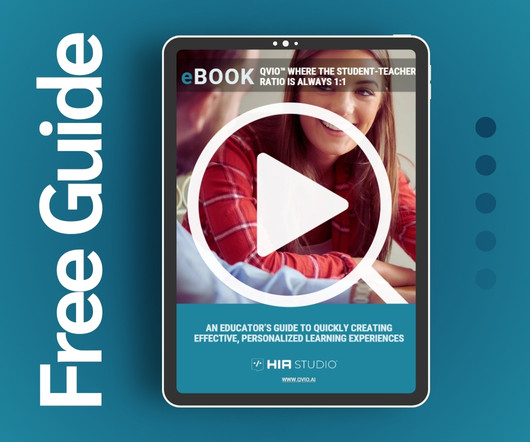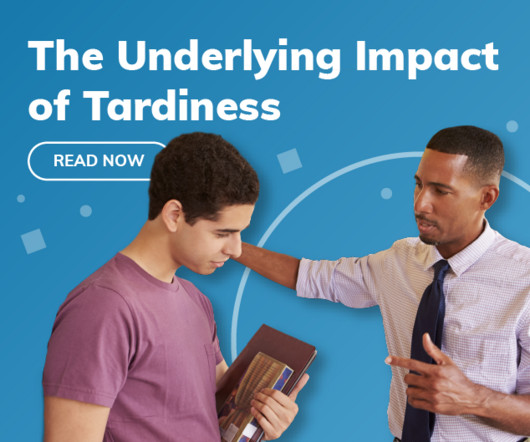If You Don’t Know Where You’re Going, You’ll End Up Somewhere Else
A Principal's Reflections
MAY 9, 2013
'The following is a guest post by Juliana Meehan. As I sat with my stack of 100+ personal narratives waiting for grading, the enormity of the task threatened to swamp whatever energy I had. After thirteen years of teaching high school and middle school language arts, the idea of having to mark those papers with notations like “run-on” and “fragment” ad nauseam drove me to seek a different solution.

































Let's personalize your content